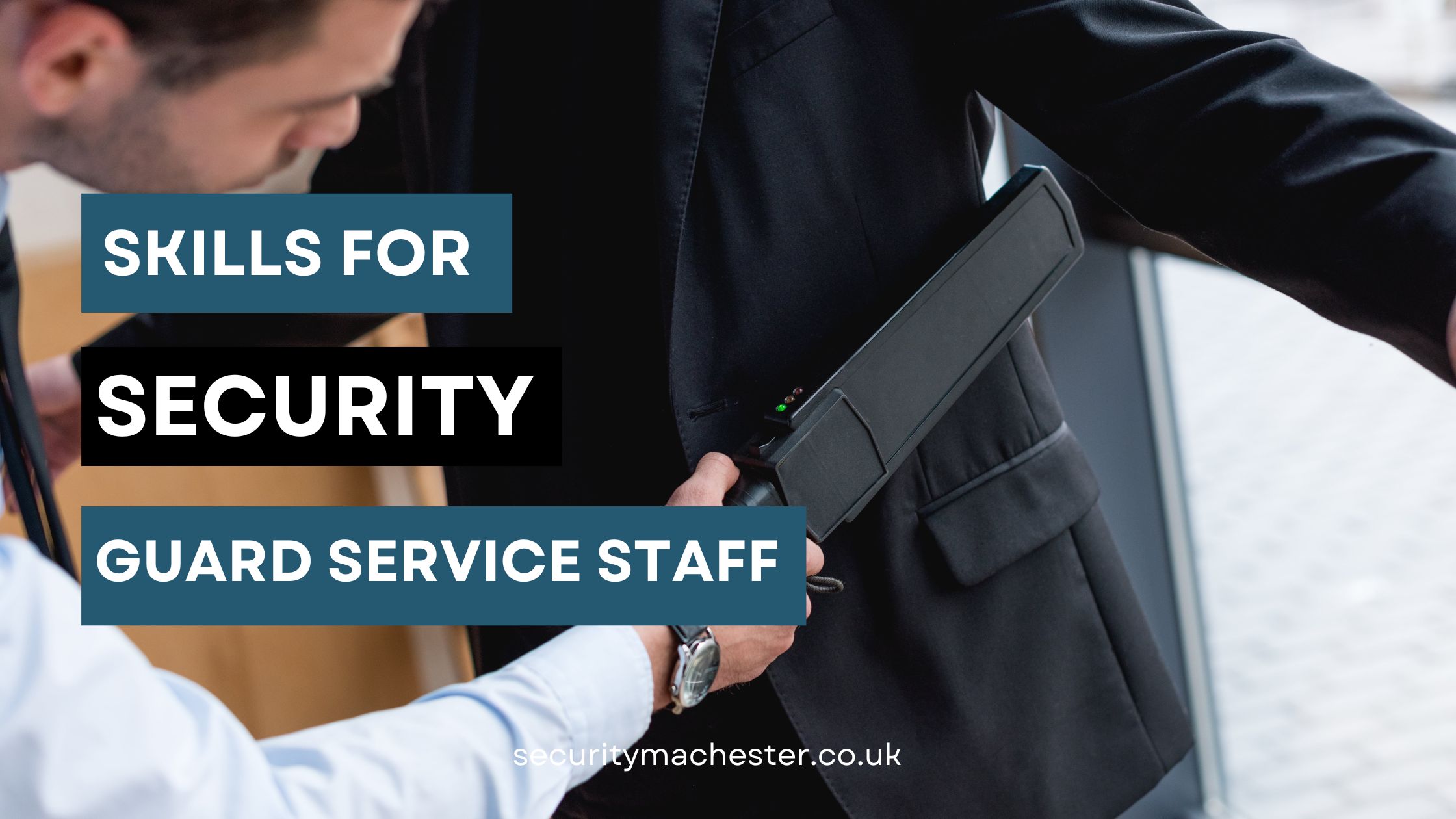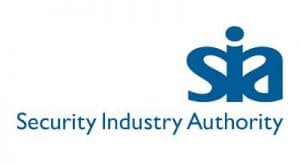With the governmental Covid-19 advice having shifted recently, promoting mask-wearing in shops and asking pub-goers to stay at their tables, businesses must now adhere to the new requirements as sensitively and professionally as they are able.
Included below are some new rules and the how they may affect engagement between customers and security guards.
Shops and Public Access
Shops in England were allowed to re-open on the 15th June 2020, many having been forced to close since March. Shops in Wales opened on the 22nd of June and Scotland followed a week later on the 29th.
Large queues appeared outside department stores before their opening. The BBC reported that, “at Bicester Village, near Oxford, crowding was so great that 3,000 people signed a petition to close it.”
In some shops, social distancing was possible with calm queues, but this was not the case for all. Many shoppers were unable to adhere to regulations, and some high street brands hired extra security guard services to manage the queues and encourage social distancing.
In June, a Which? survey found that 38% of consumers were still “not confident” about returning to shops while Covid-19 was still a present threat. With nearly 4 in 10 shoppers avoiding the high street and turning to online shopping, convenience stores face a serious decline, but good and visible security measures can help to reassure consumers and thereby prevent such losses. The safer customers feel when shopping, the more secure the commercial futures of the UK high streets will be.
Physical safety measures can be put in place, such as clear screens at checkouts, floor marking indicating one-way systems, and 2m distancing. However, another key tool in maintaining these regulations is the retail security guards themselves. They are a reminder of the safety rules as well as a calm presence, and with more customers feeling safe, the more positive the contribution to the retailer’s brand.
Having approachable security service staff is also useful in pubs, cafes, and other leisure and social establishments. They remind customers of the regulations and also that the business cares for their wellbeing. Covid-19 is certainly making security roles more visible.
Public Engagement
There will always be some individuals who will not adhere to safety regulations – e.g. by not wearing masks or by socialising publicly in large groups. Security services staff must therefore possess a balance of friendliness and firmness. Through training, staff will be able to communicate the rules clearly but diplomatically, and prevent issues from developing.
Effective security guard services rely ultimately on good communication as opposed to physicality. This is even more crucial now in the context of the pandemic, when security roles are expanding and becoming more visible.
New Roles
In 2020, HM Government published new guidance titled “Keeping workers and customers safe during Covid-19 in shops and branches.” Its introduction states: “This document is to help you understand how to work safely and keep your customers safe during this pandemic, ensuring as many people as possible comply with social distancing guidelines.”
Included in the document are the rule-changes and new requirements. For example, it lists steps to minimise contacts resulting from shopping in stores or outlets:
“Managing outside queues to ensure they do not cause a risk to individuals, other businesses or additional security risks; for example by introducing queuing systems, having staff direct customers and protecting queues from traffic by routing them behind permanent physical structures such as street furniture, bike racks, bollards or putting up barriers.”
It’s clear that security service staff are more often required to become more interactive outside premises now. This means more conversations with customers and a greater demand for good communication skills. It is therefore essential that only trained and qualified security staff should be assigned to public-facing roles.
The Security Industry Association, which reports to the Home Office, produced a guidance sheet titled “Advice to Retailers Hiring Additional Staff to Manage Queues and Social Distancing”. Explaining the licensing requirements for queue-managing staff, it states:
“Many shops are asking customers to queue outside their premises to support social distancing. If you employ people to manage a queue like this, they may need to hold an SIA licence. If they do, and they don’t have one, they will be breaking the law.
“Any person contracted from a third-party supplier who performs a licensable activity must have an SIA licence (or a Licence Dispensation Notice issued by the SIA to an Approved Contractor).”
The site explains who does and does not require a licence. However, it is always best for a business to ensure that only professionally qualified personnel perform these roles.
For advice about security planning, training or on-site support, please call us on 0800 035 6607. Alternatively, you can send us your questions via our enquiry form.



